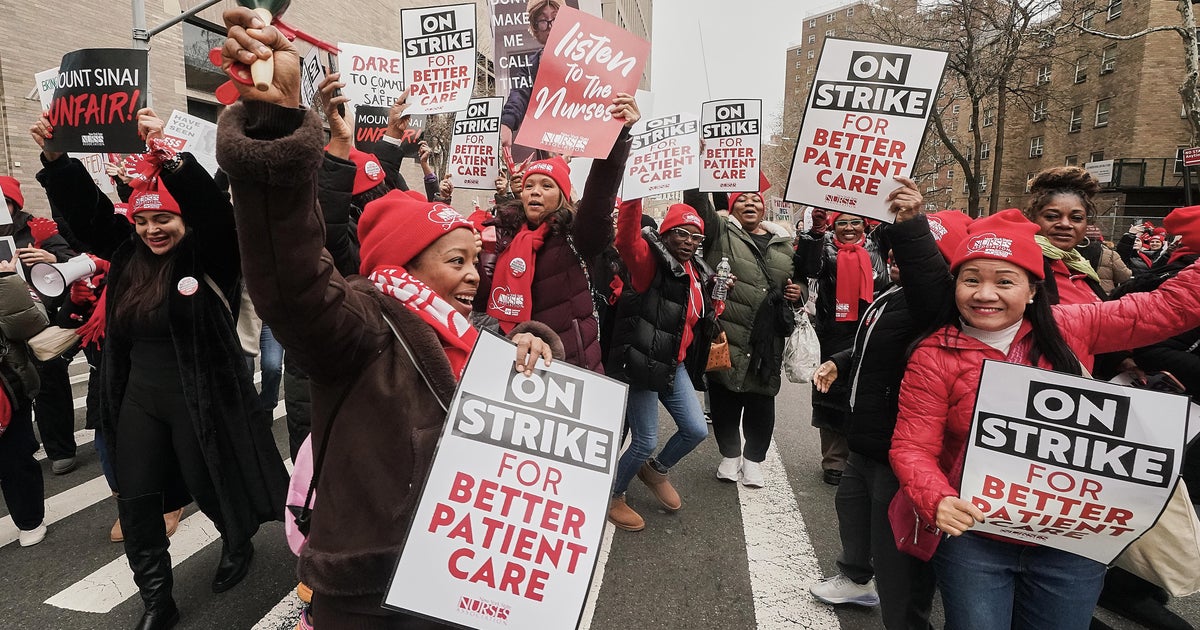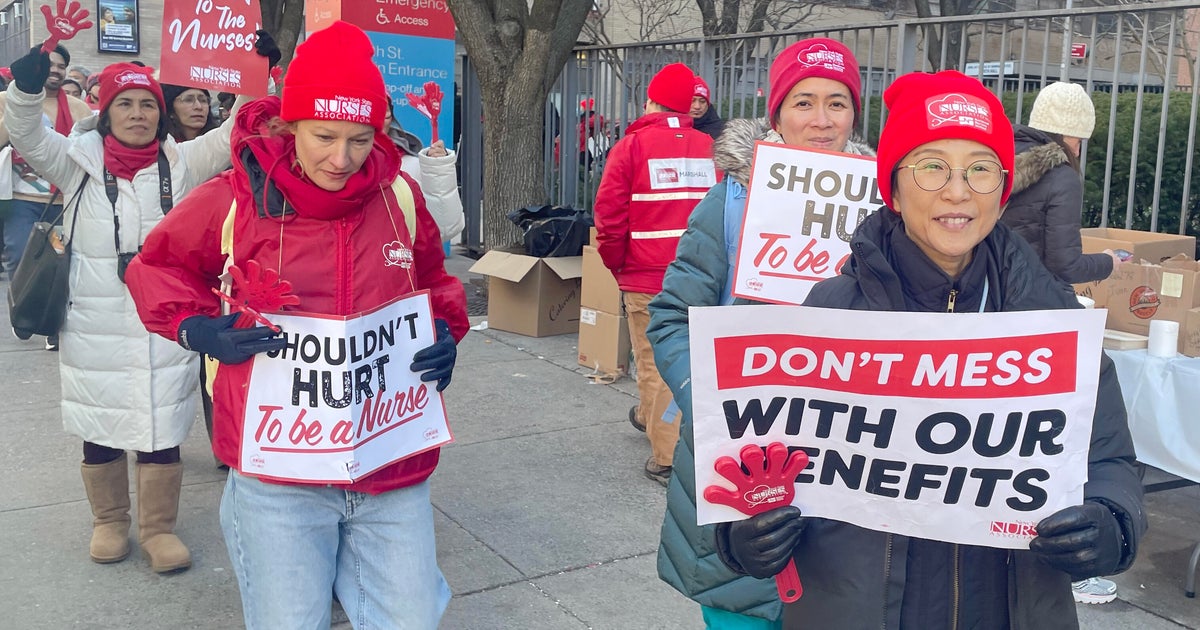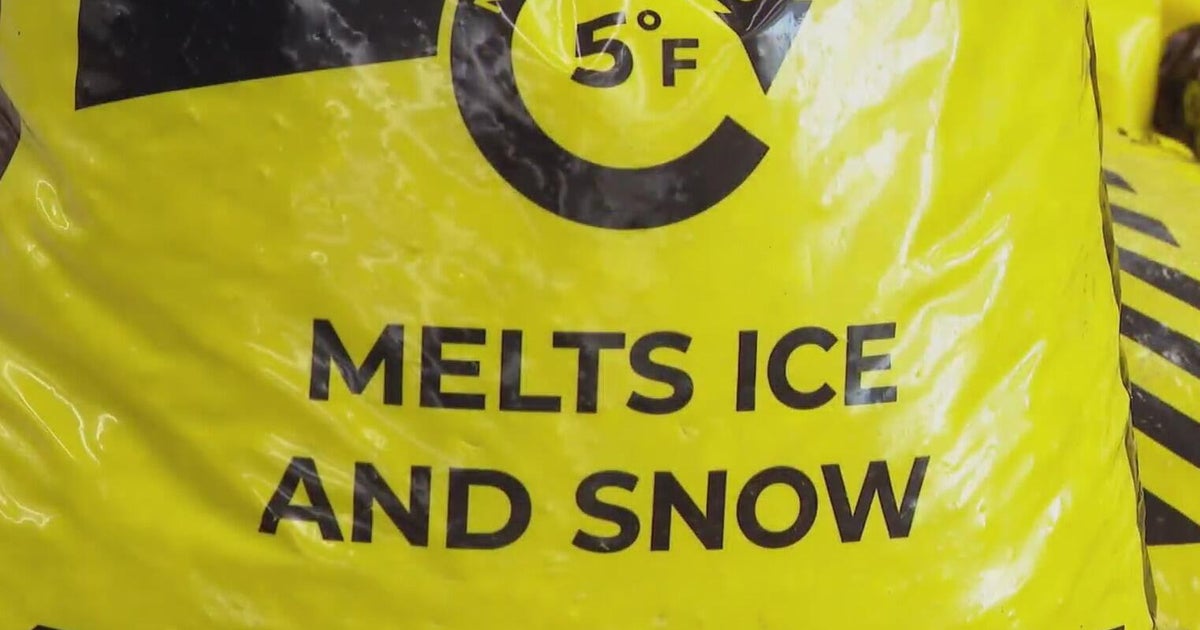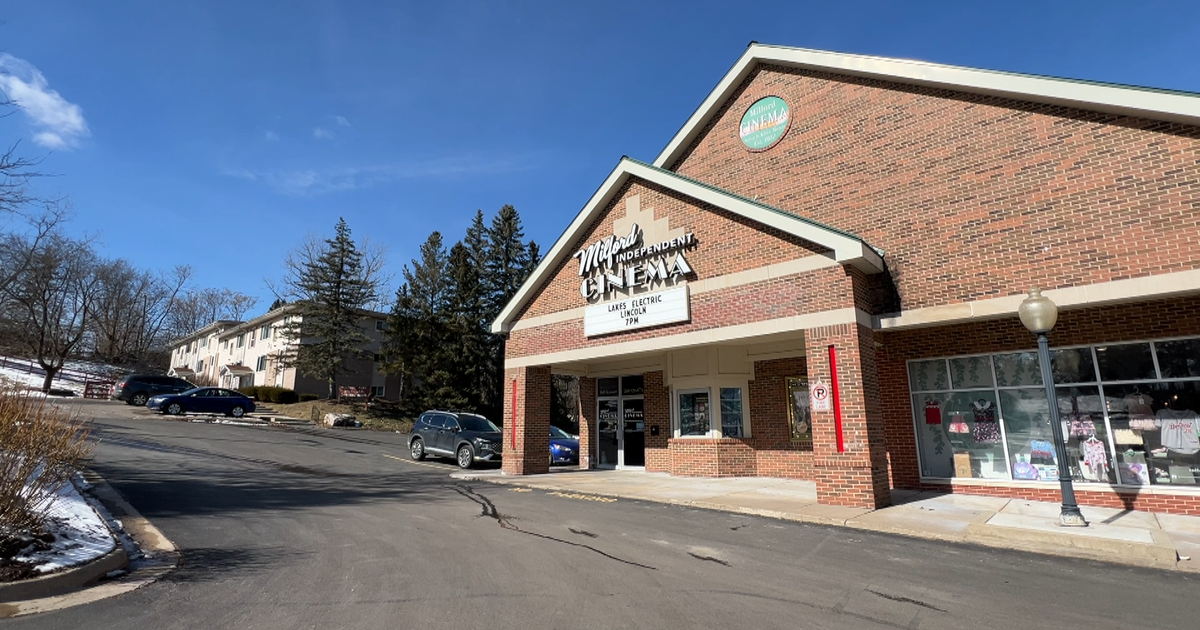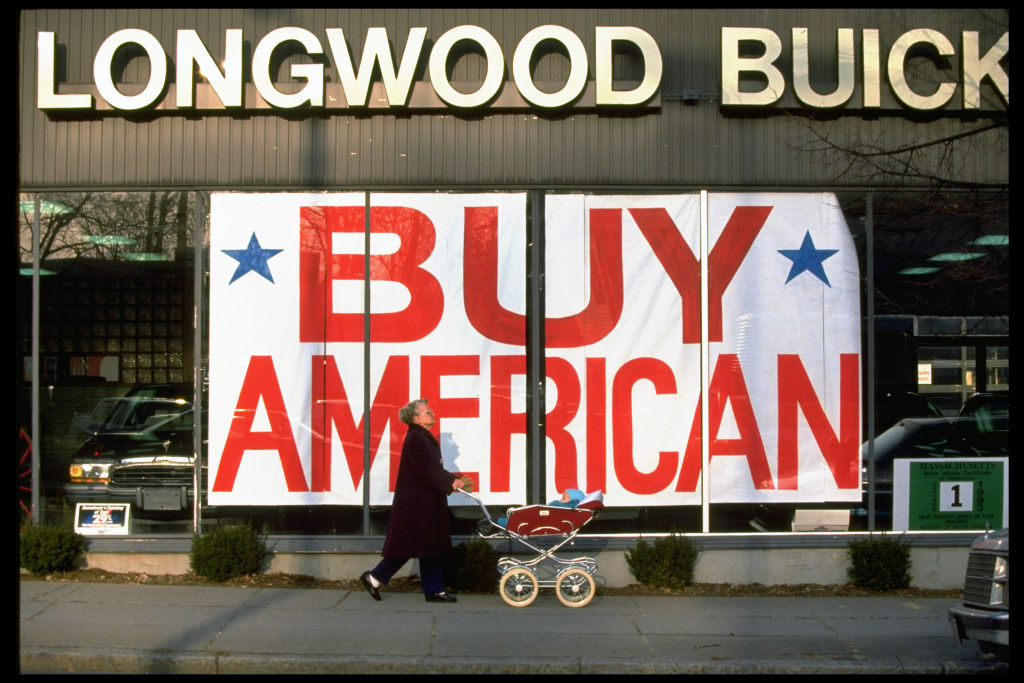Why the actors and writers strikes are good news for Netflix
Netflix, a major target of the current strikes by Hollywood writers and actors, has seen an unexpected cash boost from the two labor unions' actions.
In its quarterly earnings report Wednesday, Netflix said it expects to have at least $5 billion in free cash flow for 2023 because of reduced operational costs as a result of the strikes delaying production schedules. That's a significant increase from its previous estimate of $3.5 billion.
The company plans to use some of the extra cash to buy back stock, it said.
"We're currently running a bit above our targeted minimum cash level, so we expect to increase our stock repurchase activity in the second half of 2023, assuming no material change in our business," Netflix said in a letter to investors.
The company's chief financial officer, Adam Neumann, detailed some of the reasons for the cash boost on an investor call Wednesday.
In addition to "the impact of the strikes," Neumann said the company had "early success" with its crackdown on password sharing, and plans to expand so-called paid sharing to every country where it operates. The company added more than 6 million new paid subscribers in the second quarter of this year, including 1.2 million in the U.S. and Canada.
- Netflix warns users against password sharing: Your "account is for you and the people you live with"
- SAG-AFTRA President Fran Drescher says union is being stonewalled amid strike: "They don't want to talk"
"Now that we've launched paid sharing broadly, we have increased confidence in our financial outlook," the company wrote. "We expect that our revenue growth will accelerate more substantially in Q4 '23 as we further monetize account sharing between households and steadily grow our advertising revenue."
The company reported $1.8 billion in profit on $8.2 bilion in revenue for the three months ending in June.
Creators demand a bigger cut
Netflix and other streaming services have been the target of ire from striking actors and writers who say the massive growth of streaming video has come at the expense of the very people who produce hyper-popular content.
Actors have taken to social media to share images of their actual checks from streaming residuals.
"This is Us" star Mandy Moore revealed she received residuals payments as low as 81 cents from the show's deal with Hulu. Actor Mark Proksch recently told The Wrap that he makes more in residuals from his guest-star role in 19 episodes of "The Office," which ended in 2013, than he does as a lead actor on FX's "What We Do In the Shadows," now in its fifth season.
Productions halted
Entertainment productions have ground to a halt after some 65,000 SAG-AFTRA members took to the picket lines last week, joining 11,000 members of the Writers Guild of America who went on strike in May. Both unions are seeking higher base pay and a bigger cut of streaming companies' revenue in the form of residual or licensing fees.
According to SAG-AFTRA, the studios — a group that includes Apple; Amazon; Netflix; NBCUniversal; Sony and Paramount, the parent company of CBS News — have refused to negotiate pay raises for performers and the sharing of streaming revenue.
The Alliance of Motion Picture and Television Producers, which represents the studios says the union has "mischaracterized" their position.
"The deal that SAG-AFTRA walked away from on July 12 is worth more than $1 billion in wage increases, pension & health contributions and residual increases and includes first-of-their-kind protections over its three-year term, including expressly with respect to A.I.," AMPTP said in a statement.
- Writers strike could drag on until the end of summer, experts say
- Why are Hollywood actors on strike?
"Super committed to getting to an agreement"
Netflix CEO Ted Sarandos on Wednesday brushed off investor worries that the company would "run out" of content during the strike, highlighting returning seasons of popular series including "The Crown," "Top Boy," "The Upshaws," "Sweet Magnolias," "Heartstopper," "Virgin River" and "Too Hot To Handle."
He also cited his own experience as the son of a union electrician, noting that when his father, a member of the International Brotherhood of Electrical Workers, went on strike, it took "an enormous toll."
"These strikes, this strike is not an outcome that we wanted," he said.
"But we've got a lot of work to do. There are a handful of complicated issues. We're super committed to getting to an agreement as soon as possible, one that's equitable and one that enables the industry and everybody in it to move forward into the future."
